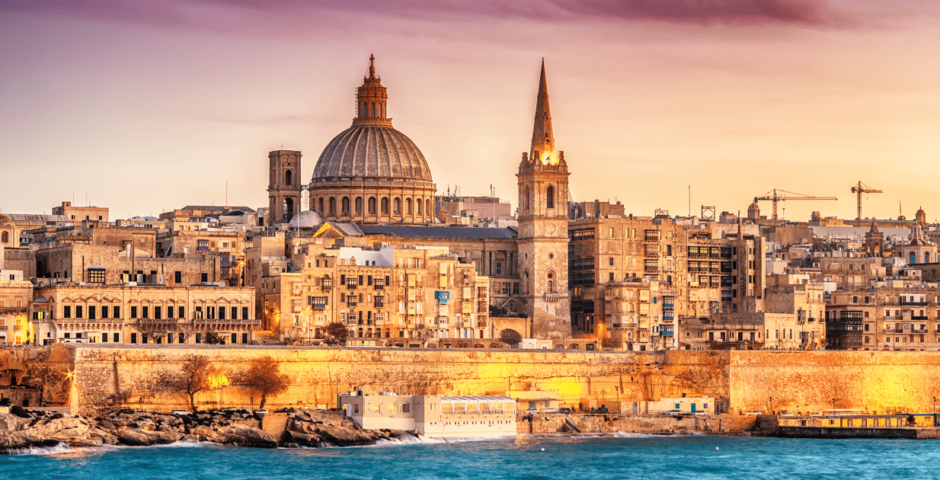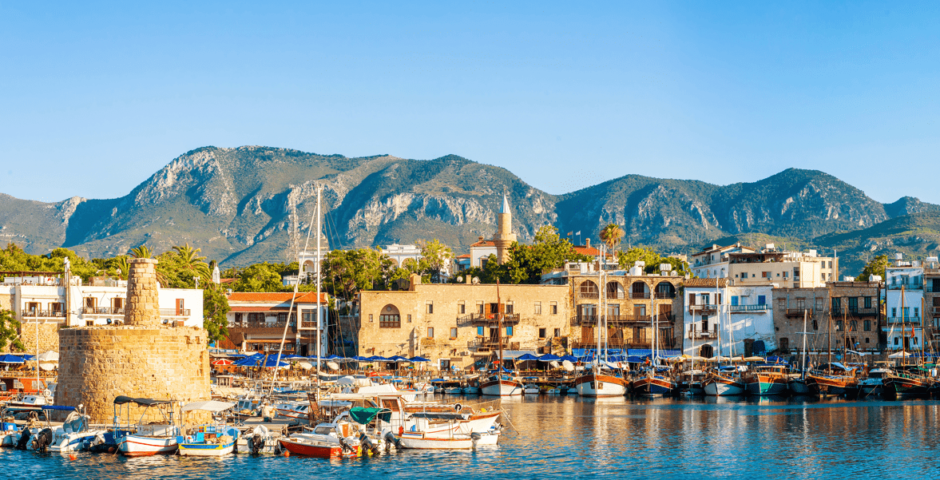Three cities, one parliament: a unique distribution of seats
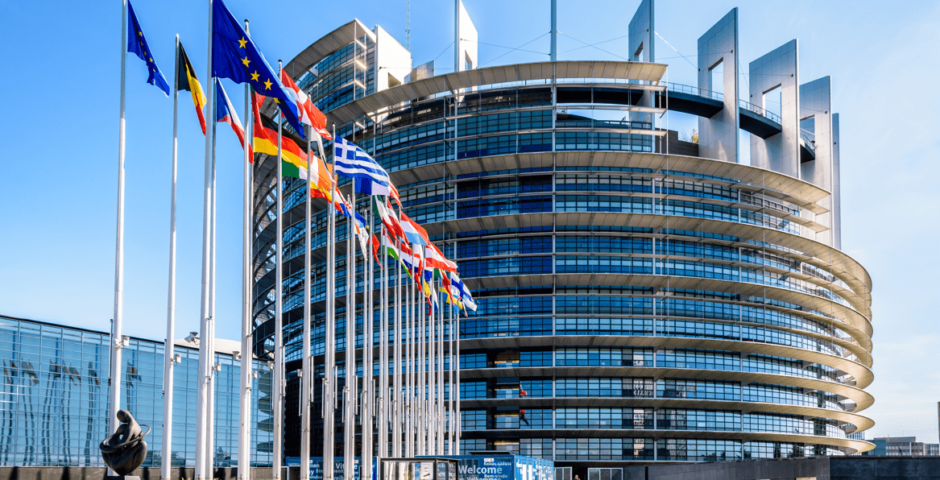
The locations of the European Parliament, and the discussions regarding them.
Although members of the European Parliament meet in Brussels most of the time, they also have to travel to Strasbourg for four days each month for plenary sessions. This is, in fact, the official location for these meetings; or the ‘seat’ of the European Parliament. This leads to much frustration, both within the European Parliament and outside of it. Indeed, the monthly moving circus is said to be unnecessarily expensive, bad for the environment, and very inconvenient and inefficient. Proponents argue, among other things, that it actually thwarts the creation of a “Brussels bubble”. In this article you can read how this distribution of seats came about and what plays into the discussion that regularly flares up about it.
Brief history lesson: why is a seat of the European Parliament located in Strasbourg?
Before we dive into the heated discussion, a brief history lesson is in order, for why is the European Parliament (EP) seated in Strasbourg? In order to answer this question we have to go back to the founding of the European Coal and Steel Community (ECSC) in 1951, which included France, West Germany, Italy, and the three Benelux countries. Its purpose was to bring coal and steel production under a common authority, and its creation was an important step toward European integration. The institutions of the ECSC were located in Luxembourg, but the Council of Europe was already in Strasbourg. In fact, it had been established before the ECSC in 1949 by the Treaty of London and was tasked with the safeguarding of European values in areas such as human rights, the rule of law, and democracy. The Council of Europe opened the doors of its plenary chamber to ECSC meetings. The ECSC Parliamentary Assembly was later transformed into the EP with the establishment of the European Economic Community (EEC). Thus, Strasbourg became the main venue for plenary sessions of the Parliament, although additional sessions were also held in Luxembourg.
After the EEC was established in 1958, Brussels became home to much of the work of the European Commission and the Council of Ministers. The work of the EP is closely related to these activities, since its job is to oversee them. Therefore, slowly more of the EP’s activities were organized in Brussels instead of Strasbourg. This led to a situation where the main plenary sessions took place in Strasbourg but committees and political groups met in Brussels.
With the introduction of the Maastricht Treaty of 1992, which established the European Union (EU), this situation was anchored. Strasbourg formally became the official seat of the EP, as well as the venue for most plenary sessions. The EP must hold 12 sessions per year there, each session lasting four days. This amounts to 42 days per year. The parliamentary committees do still meet in Brussels and the Parliament’s secretariat, or administrative body, is based in Luxembourg. This arrangement was included in its entirety in the 1997 Treaty of Amsterdam.
This fixation implies that an amendment to the Maastricht Treaty is required if one wants to change the seat of the EP. That requires the unanimous approval of all member states. But why do many member states, members of the European Parliament (MEPs), and European citizens want this? This brings us to the discussion that has regularly flared up about the distribution that was just explained.
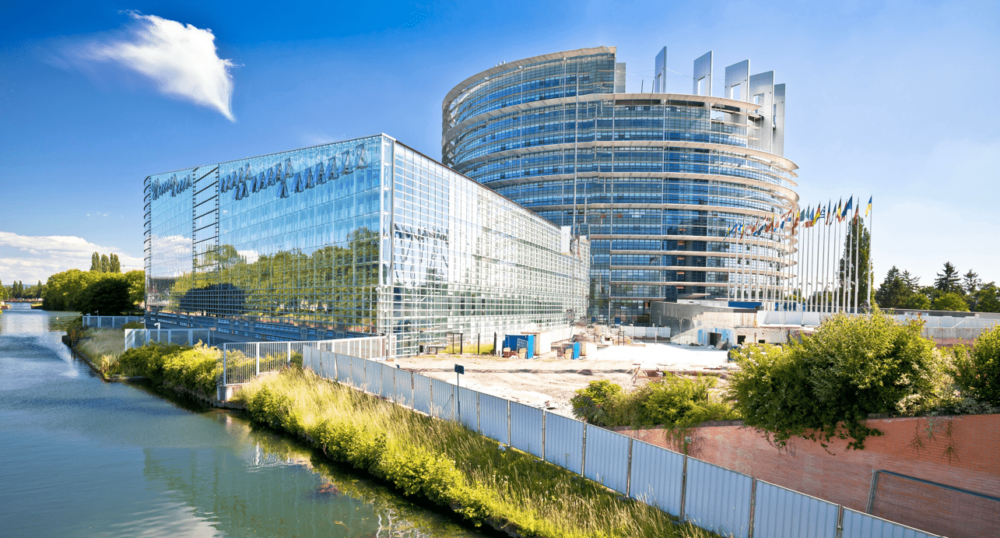
European Parliament building in Strasbourg
The flaring debate
There are compelling reasons prompting widespread belief that it is time for the European Parliament to permanently leave Strasbourg. The first argument revolves around climate and sustainability. Through the European Green Deal, the European Commission wants to achieve a climate-neutral European Union by 2050 at the latest. Measures to achieve this goal include building low-energy houses, planting trees on a large scale, and installing one million charging stations for electric cars. The current system of the EP’s location, however, is disregarded.
A report by the European Court of Auditors shows that the current system has a significant impact on the environment. If Strasbourg were no longer used as a workplace, it would save more than 10,200 tons of CO2 per year. Current emissions include energy consumption, transportation of staff and belongings, and maintenance and IT of the buildings in Strasbourg. Over 460 tons of CO2 would be saved if Luxembourg did not house a part of the European Parliament anymore. Many opponents point to these figures and feel that the “unnecessary” journey that must be made each month is out of date.
Several MEPs themselves have also expressed dissatisfaction with the current situation. The current system is said to be simply impractical and inefficient. It costs the 705 – in the future 720 – MEPs, 2,300 staff members, lobbyists, and journalists who have to make the trip a lot of time and energy. Trucks filled with sealed file boxes also have to travel up and down regularly as a result. This all requires a lot of arranging, which in turn costs additional time and money. Centralizing European institutions would be more practical and facilitate mutual cooperation.
Speaking of costs, the monthly move involves sums of between 169 and 204 million euros per year. These costs come mainly from travel, transportation, administration, and logistics. This amounts to about fifteen to twenty percent of the Parliament’s entire budget. French MEPs did point out that this is “tinkering”, as it accounts for only 0.04% of the European Union’s total budget.
A fourth argument pertains to the situation that the buildings in Strasbourg are empty 89 percent of the time. During this time, the buildings must be heated, lit, staffed, monitored, and maintained. This is not climate-friendly, along with being expensive and impractical. This aspect of the discussion returned to the spotlight recently when disagreement arose in the EP regarding the expansion of their property in Strasbourg. A private contractor unsolicitedly built a building worth 62 million euros next to the EP’s headquarters in Strasbourg, hoping that the EP would want to buy the building. The leftist groups in the EP in particular are refusing to do so. France has offered to buy the building and rent it to the EP for a sum well below market value, but plans to turn the building into a hotel for MEPs and their staff were also reviewed. In October 2023, a narrow majority finally agreed to the real estate deal, but following the commotion, the EP is going to reconsider the need for the purchase. So for now, the issue remains unresolved, and opinions divided.
A final argument against the current allocation is that the division leaves more room for error. For example, in October 2023, hundreds of the EP staff mistakenly ended up in Disneyland Paris instead of Strasbourg. The sudden change in destination was caused by a switch malfunction and led to a delay of three quarters of an hour, but also to many jokes from MEPs and new ground for the discussion about the distribution of seats. For example, one MEP complained via X (formerly Twitter) that unfortunately they were not allowed to visit the amusement park, and staff member Pelle Geertsen suggested that perhaps Disneyland could use the EP buildings in Strasbourg.
The European Parliament has repeatedly called for implementing only one seat. Starting in 2020, a period of time was spent meeting only in Brussels because of the corona pandemic and the accompanying travel restrictions. This division should have remained, according many MEPs. However, if the requirement that a minimum of 12 plenary sessions be held in Strasbourg annually is not met, the EP could be taken to court. As mentioned before, changing the distribution of seats does not lie with the EP, but with the EU member states. France and Luxembourg are standing in the way of achieving that. This makes adjustment virtually impossible, as a unanimous decision is required for changes. Furthermore, a change requires that the change be ratified by all national governments. This demands a referendum in some countries.
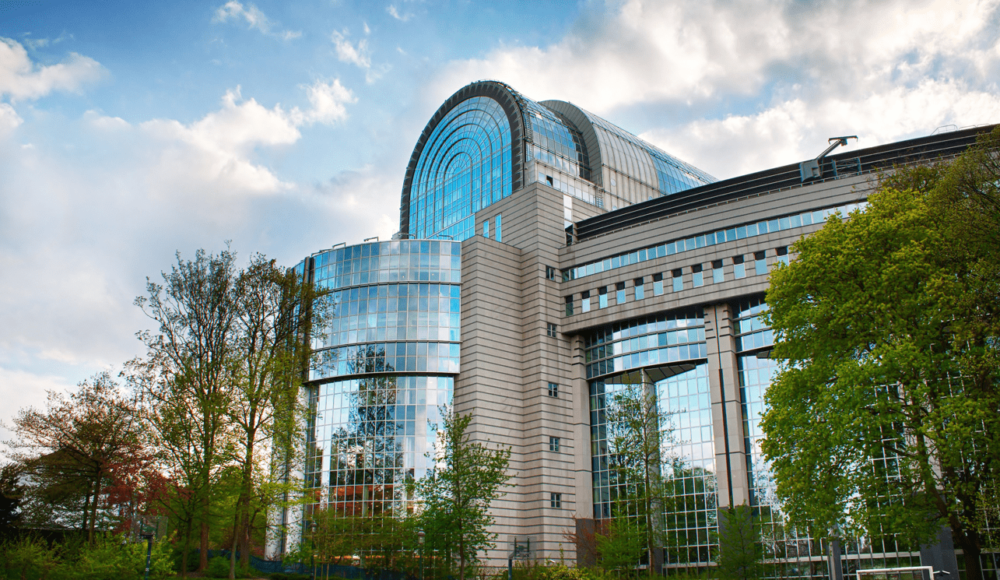
European Parliament building in Brussels
Advantages
A frequently cited rationale for retaining the EP’s seat in Strasbourg is the city’s profound symbolic significance. The city is located next to the Rhine River, and on the other side of the river lies Germany. In the past, Strasbourg has regularly been in German hands. The last time this was the case was during World War II. Afterwards, the mayor at the time, Pierre Pflimlin, pushed hard for reconciliation with Germany. Thus, the city became the symbol of the reconciliation of Germany and France, their friendship and European cooperation.
Furthermore, proponents point out the advantages of spreading out European institutions. The mayor of Strasbourg, Jeanne Barseghian, argues that the Strasbourg seat is important in countering “euroscepticism”. According to her, the current division repels negative perceptions of Brussels. It would also strengthen the independence of the European Parliament, as well as European democracy. As an alternative to the current climate footprint of traveling up and down, Barseghian argues that it is more important to improve Europe’s train network. It is also pointed out that the seat in Strasbourg uses significantly more renewable energy (about 62.6 percent), compared to the Brussels location (about 0.91 percent). Not insignificantly, the current distribution is also very beneficial to Strasbourg’s local economy, a fact that will not have escaped the mayor’s notice. This was also revealed in the aforementioned report by the European Court of Auditors. The same goes for the city’s appeal as the seat of the European Parliament (and the Council of Europe) to other international organizations.
The whole situation seems to be an impasse. An adjustment is not possible without the agreement of France and Luxembourg, but there has to be a good deal in return. Ideas have been put forward in the past, such as the establishment of a European university in the Strasbourg buildings. Hopefully, a solution to this thorny problem will be found in the future.
Julia is studying Notarial Law at Utrecht University. She is also studying Liberal Arts and Sciences, majoring in International Relations in Historical Perspective.
Images: Shutterstock


